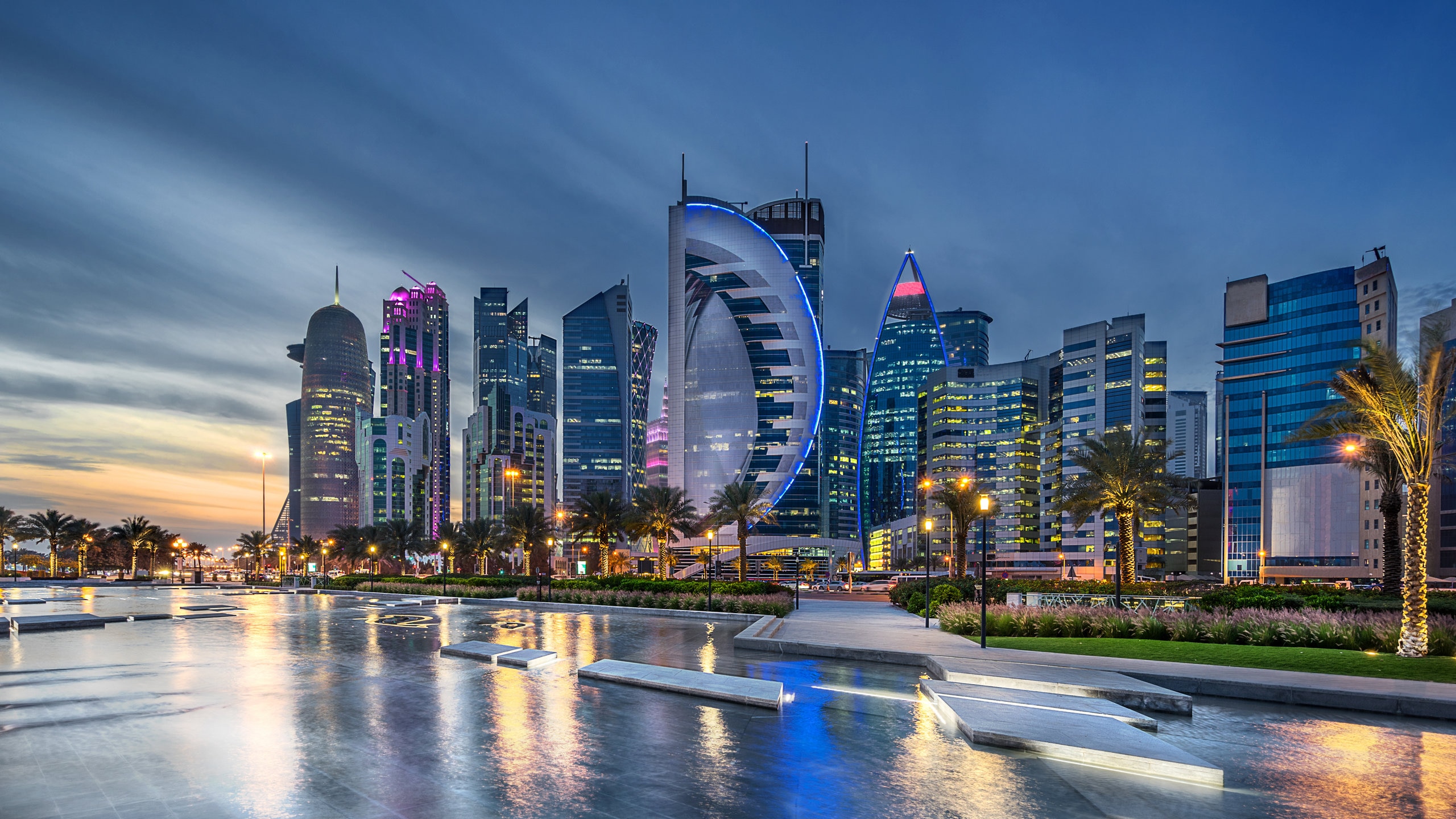Arab in world cup
Qatar World Cup provides rare source of unity to Arab states
Anger at western hectoring and giant-killing performances have fostered a sense of solidarity Qatar’s Emir Sheikh Tamim bin Hamad al-Thani (2ndL) delivers a speech next to Qatar’s former Emir Sheikh Hamad bin Khalifa al-Thani (L), FIFA President Gianni Infantino (2ndR) and Saudi Arabia’s Crown Prince Mohammed bin Salman al-Saud during the opening ceremony Qatar’s Emir Sheikh Tamim bin Hamad al-Thani delivers a speech next to, from left, former Emir Sheikh Hamad bin Khalifa al-Thani, Fifa president Gianni Infantino and Saudi Arabia’s Crown Prince Mohammed bin Salman during the opening ceremony © Manan Vatsyayana/AFP/Getty Images Qatar World Cup provides rare source of unity to Arab states on twitter (opens in a new window) Qatar World Cup provides rare source of unity to Arab states on facebook (opens in a new window) Qatar World Cup provides rare source of unity to Arab states on linkedin (opens in a new window) current progress 100% Simeon Kerr in Dubai, Heba Saleh in Cairo, Samer Al-Atrush in Riyadh and Raya Jalabi in Beirut November 28 2022 104 Print this page Receive free FIFA World Cup updates We’ll send you a myFT Daily Digest email rounding up the latest FIFA World Cup news every morning. The opening week of the Qatar World Cup was overshadowed by political controversy and gestures of support for human rights. But what in the Gulf has been seen as western hectoring has also turned the football tournament into a rare thing in the Arab world: a source of regional unity. “It feels nice to see an Arab country host,” said Mohammed, a government employee in the Saudi Arabian capital Riyadh, after watching his country’s shock victory over two-time World Cup winners Argentina. “I’m proud for sure.” Arabs have backed gas-rich Qatar’s handling of the World Cup, calling out what they regard as western hypocrisy for criticising the conservative state’s lack of democracy, limits on alcohol and ban on homosexuality — while asking Doha for more natural gas to replace Russian supplies and having failed to scrutinise the previous tournament in Russia as aggressively. “We don’t have as much sexual and political freedom as you do, don’t claim to be democratic, but we are stable, prosperous monarchies [that] organise world-class events, compete with the best and have the best of everything — so eat your heart out neocolonialists, orientalists and western hypocrites,” Dubai-based political science professor Abdulkhaleq Abdulla wrote on Twitter. Despite Qatar’s poor showing on the pitch — the host nation has lost both of its two games and cannot qualify from the group stage
— Saudi Arabia’s win over Argentina and Morocco’s victory over Belgium have given Arabs their own giant-killing teams to support.
“A lot of the Arab solidarity has come as a result of the Saudi victory over Argentina 
— it sent a message to all that Arabs can win,” said Mohammed Alyahya, a senior fellow at the Hudson Institute. “Saudi is a new team, reflecting the 180-degree change in the country, with this new excellence that Saudis want to present.” Fans on the streets of Doha have also expressed support for Palestinians by refusing to be interviewed by Israeli journalists and social media influencers. Qatar, unlike some of its neighbours, has not normalised relations with Israel but, to accommodate Fifa rules, it has allowed aircraft to transport Israeli media and fans to the tournament. Difficult encounters between Israeli journalists and Arab and other supporters have gone viral on social media. One Egyptian fan managed to interject “Viva Palestine” into a live interview. Such encounters underscore the contrast between the elites in countries such as Morocco and the United Arab Emirates who have normalised relations with Israel, and an enduring commitment to Palestinian freedom across the Arab world. Schisms within the Gulf, by contrast, are receding thanks to a regional buy-in to Qatar 2022. Saudi Arabia’s Salem Al-Dawsari, second left, celebrates after scoring against Argentina Saudi Arabia’s Salem Al-Dawsari, second left, celebrates after scoring against Argentina Under two years ago, the Gulf states were in turmoil, locked in a three-year Saudi-led embargo against Qatar over charges that it fostered Islamist extremism. Saudi Arabia, the UAE and Bahrain demanded the closure of Doha-based media network Al Jazeera and told Qatar to cut ties with their regional nemesis, Iran. Since the AlUla Accords of January 2021, which formally ended the embargo, Qatar has repaired ties with its neighbours, especially Saudi Arabia, though relations with Bahrain remain strained and Abu Dhabi has been reluctant to fully normalise ties. Qatar’s emir Sheikh Tamim bin Hamad al-Thani watched the opening fixture of the tournament with the Saudi crown prince, Mohammed bin Salman. Among many, disdain for Doha’s politics during the boycott has been replaced by enthusiastic backing during the World Cup. “These silly pressures [over human rights] managed to do the impossible

Comments
Post a Comment